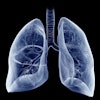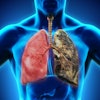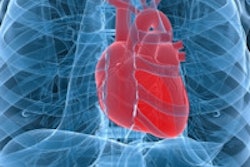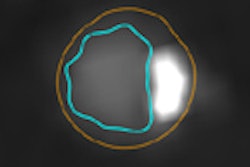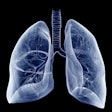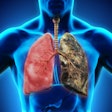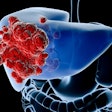An analysis of results from the Multi-Ethnic Study of Atherosclerosis (MESA) found that more frequent monitoring of patients with coronary artery calcium (CAC) could significantly reduce the number of coronary events.
Calcium continued to accumulate in more than four-fifths of individuals with CAC measured at CT, the analysis found. Study participants whose calcium had built up by 300 units or more between scans had more than a sixfold increase in coronary heart disease incidents, concluded the researchers from the Los Angeles Biomedical Research Institute and other sites (Journal of the American College of Cardiology, March 2013, Vol. 61:12, pp. 1231-1239).
"We have known that coronary artery calcium can be related to heart disease, but this study shows the progression of the accumulation of the calcium in the arteries can be a significant factor in evaluating the risk that a patient may suffer a heart attack in the future," said lead investigator Dr. Matthew Budoff in a statement.
The analysis measured CAC in 6,778 individuals in MESA ages 45 to 84 years who had no history of heart disease. Almost half (49.9%) of participants were positive for CAC in initial scans, and 85% continued to accumulate calcium as demonstrated in repeat scans about 2.5 years later.
Conducting serial CT scans may identify individuals at high risk of heart attack who could benefit from intervention to reduce risk, the group concluded. Further study is needed to determine whether more frequent scans would cost-effectively reduce coronary disease.
